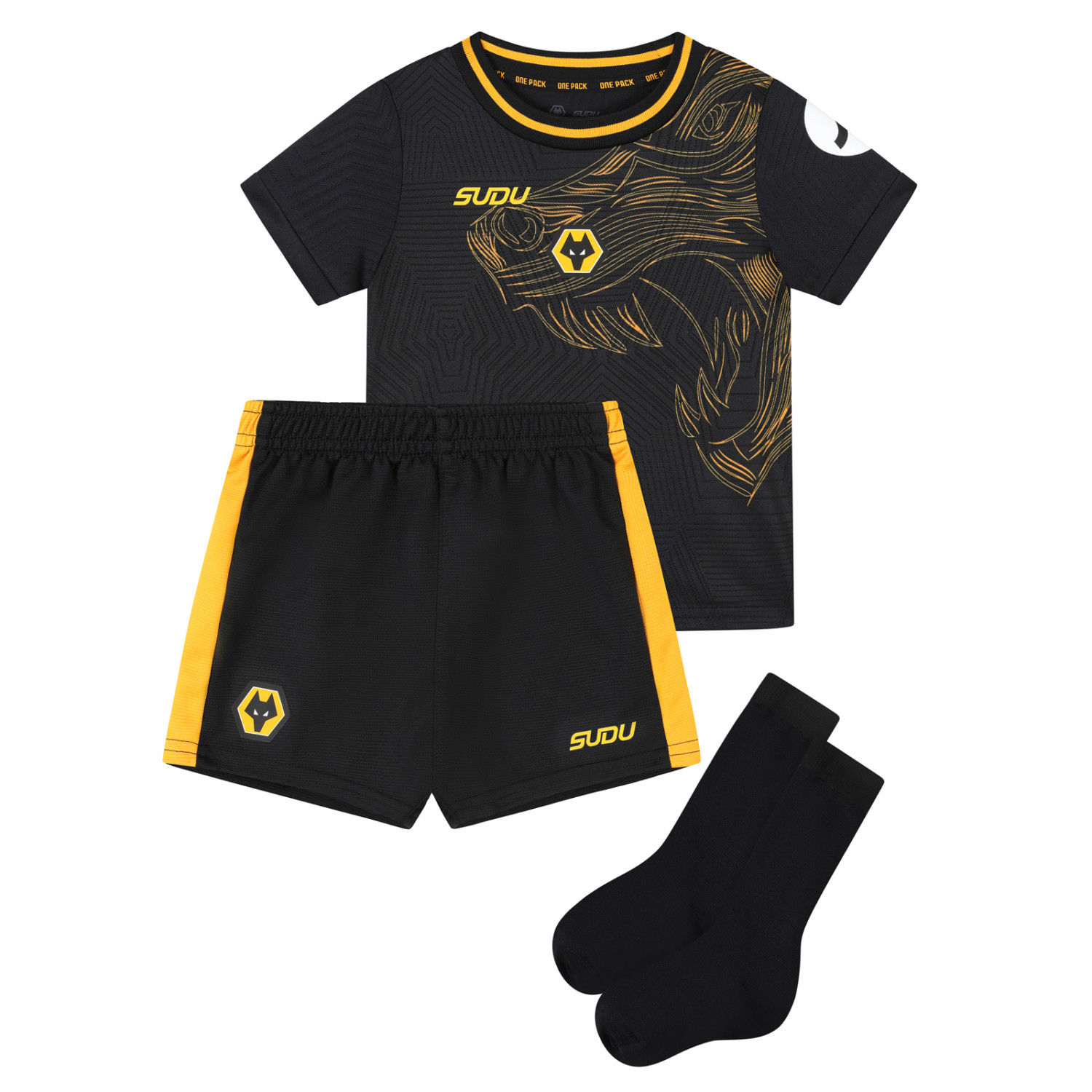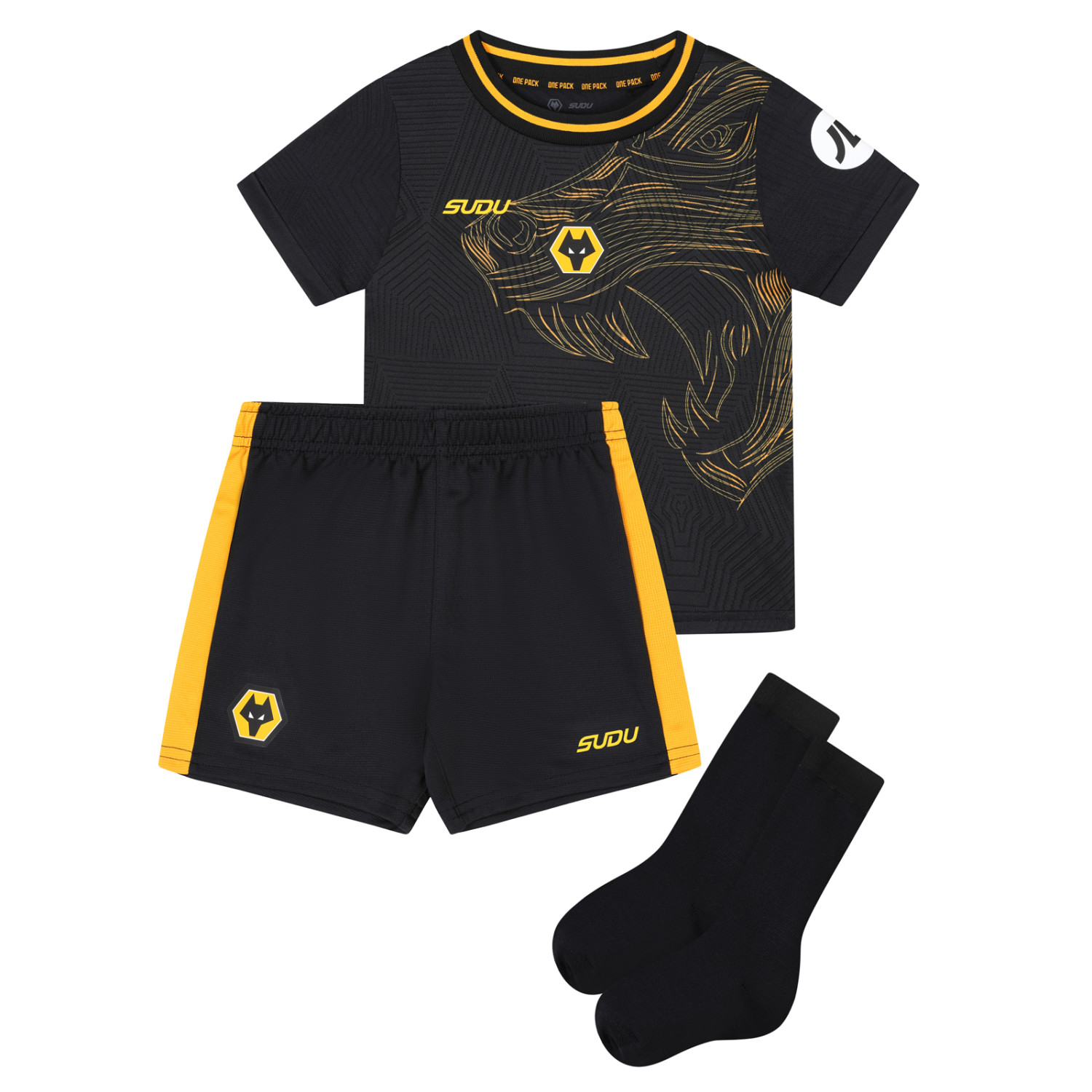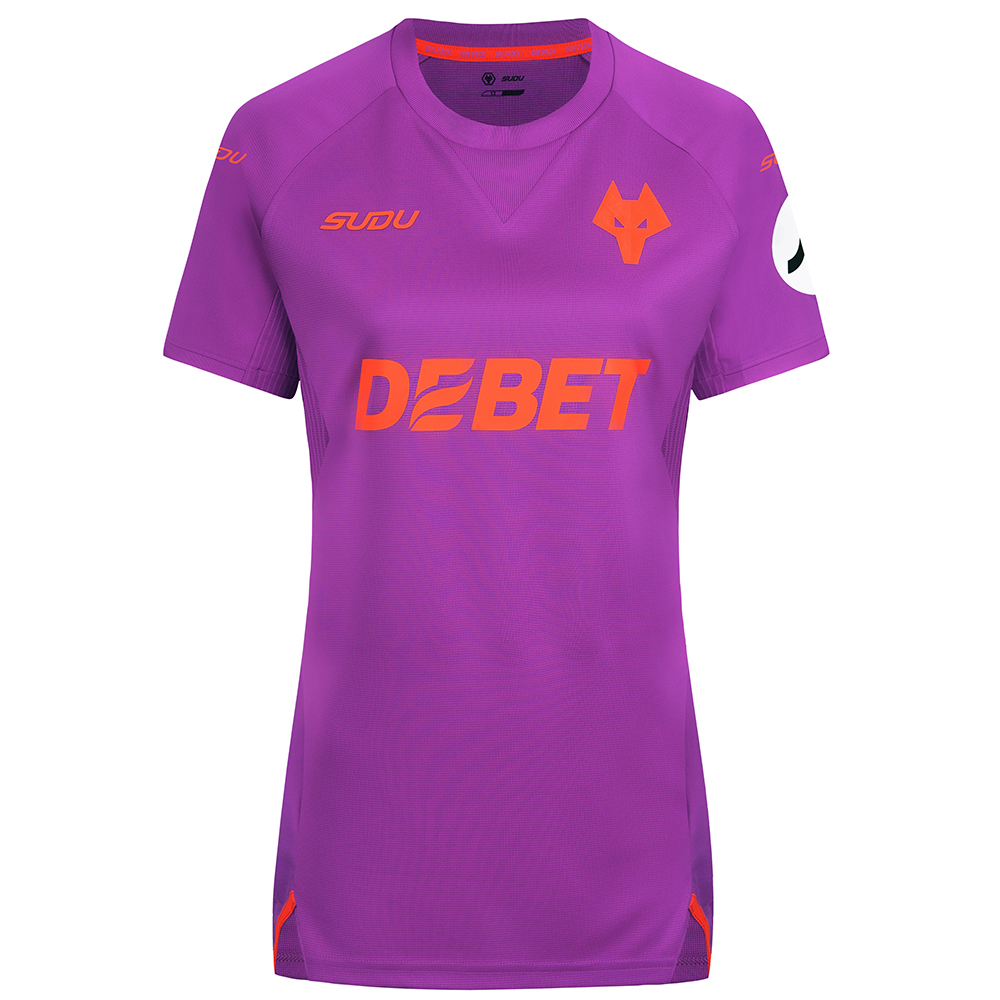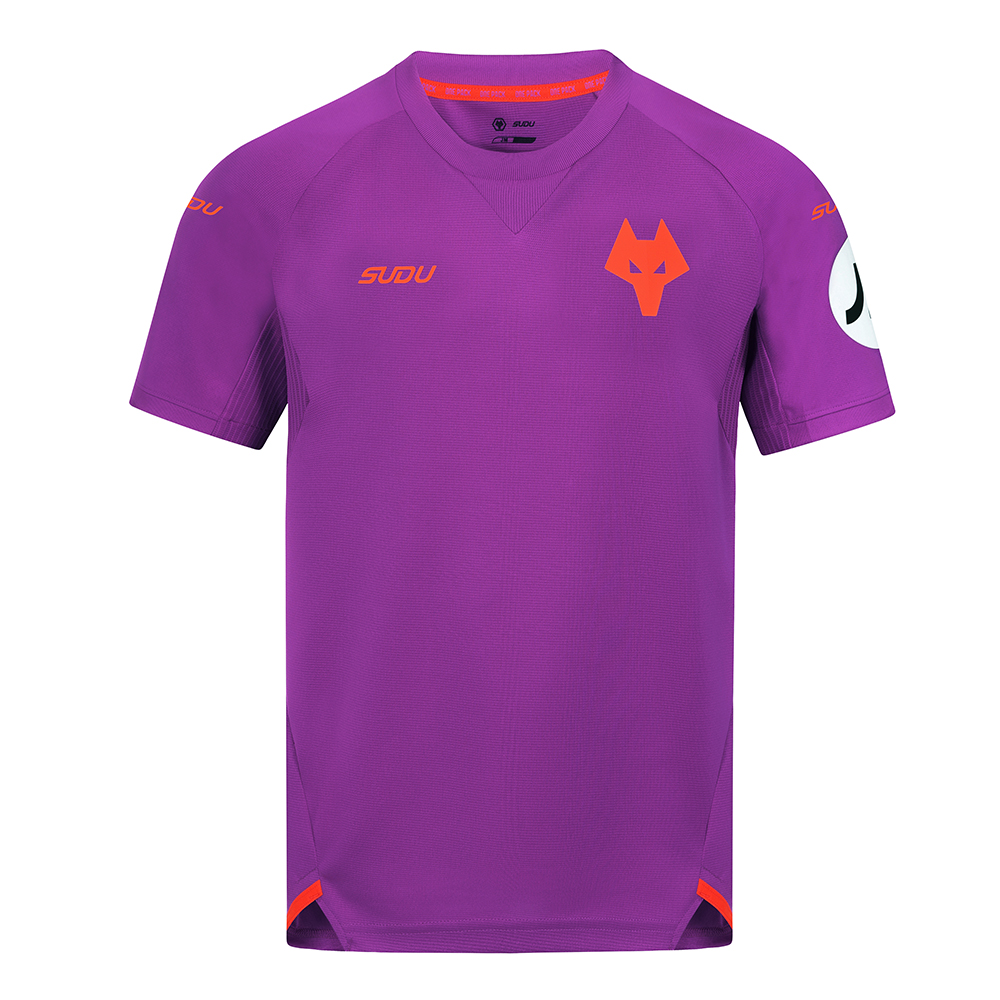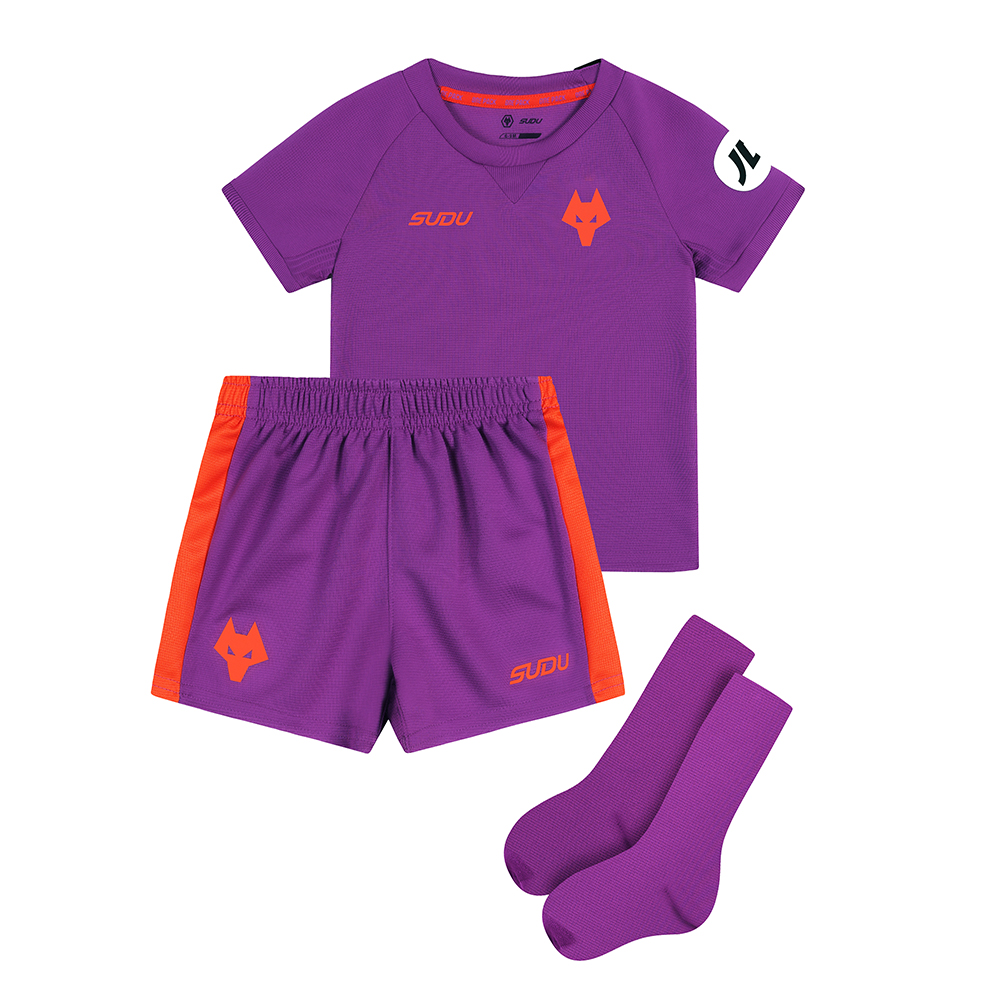Today, 6th February 2024, marks the centenary of the birth of Billy Wright, without doubt the most famous Wolves player of all time.
As the first footballer in the world to play in a hundred full internationals, he has a permanent place in football history. Billy reached the landmark when he captained England to a 1-0 win over Scotland at Wembley on April 11, 1959.
Born in the historic Shropshire town of Ironbridge in 1924, his football talent soon became obvious and his school’s sportsmaster encouraged him to answer a Wolverhampton Wanderers advert for youngsters to join the club’s groundstaff, which among other things meant helping the club’s groundsman and doing tasks in addition to football.
At the age of 14, Billy reported to Molineux and the rest, as they say is history. As well as captaining England, Billy went on to lead Wolves during the greatest period in their history.
It was not all plain sailing early on as his Wolves career was twice almost ended, first when manager Frank Buckley told him he was too small to make the grade as a footballer. After pleas led by trainer Jack Davies and reinforced by secretary Jack Howley and groundsman Albert Tye, the manager had a change of heart and let Billy stay.
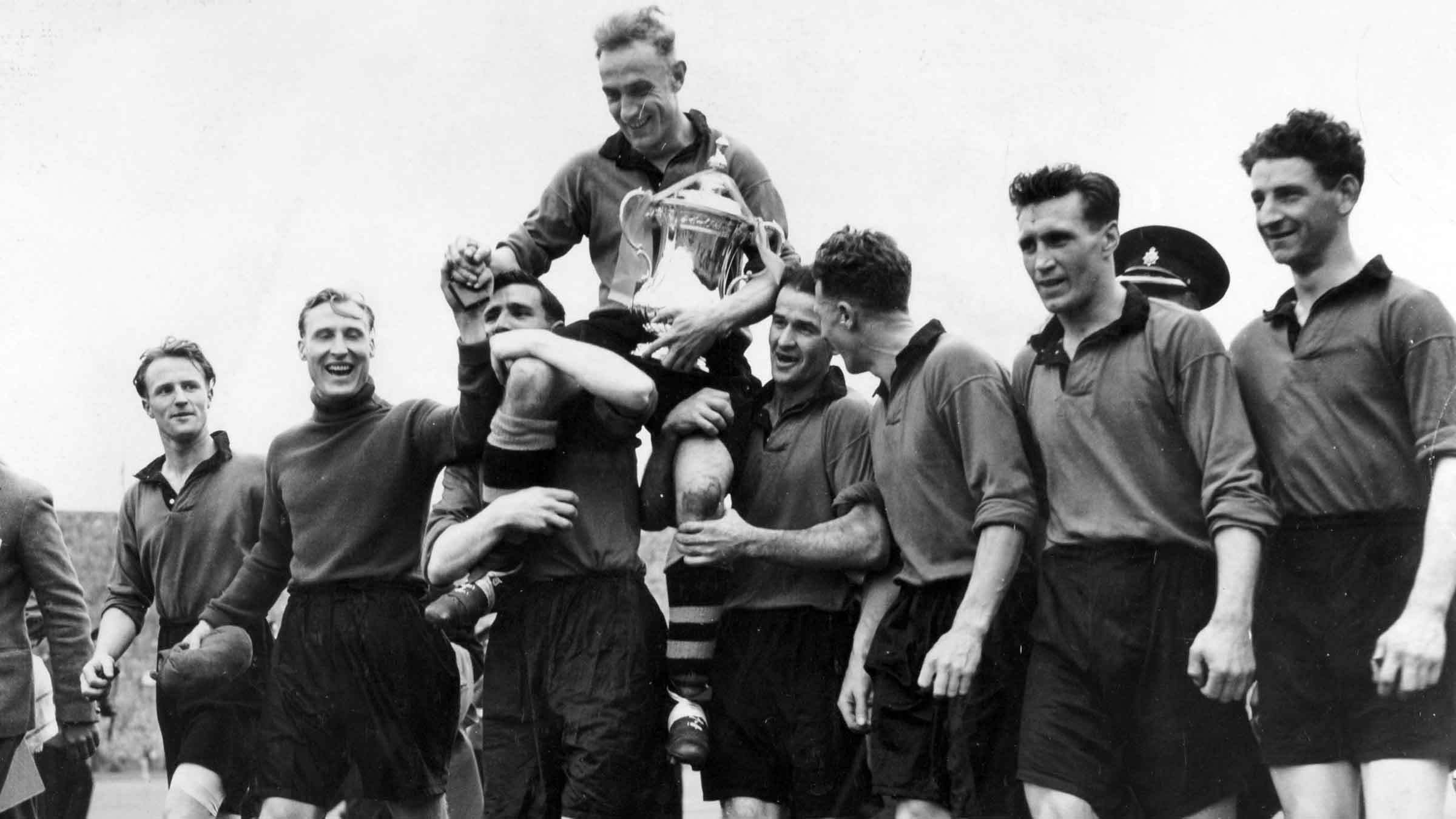
With the outbreak of war and many senior players joining the forces, youngsters like Billy were then vital to Buckley if Wolves were to field a team in wartime games. At the age of 15, he made his first team debut on the left wing in a 5-3 friendly win over West Bromwich Albion at The Hawthorns. A week later he scored two goals as Wolves won 4-1 at Notts County. There has not been a younger scorer for Wolves in a first-team game.
There was another threat to Billy’s career in 1942 when he broke his ankle in the second leg of the semi-final of the War Cup against Albion. Buckley feared Billy would have to quit the game, but pioneering surgery repaired the ankle.
His first game for England was in an unofficial international, against Belgium at Wembley in January 1946. He had been playing inside-left for Wolves and was chosen in that position for what was designated a Victory International. A late withdrawal by Leicester’s Frank Soo saw Billy switched to right-half and he played so well in a 2-0 win that he could not be dropped for the three internationals which followed.
When organised football resumed, he was at right-half to win his first full cap in a 7-2 win over Ireland at Windsor Park Belfast. When England beat the Irish again two years later, Billy was named captain for the first time.
Billy’s club career went from success after success as he skippered Wolves to an FA Cup triumph and to three times winning the First Division – England’s top flight. On top of that, he was captain as Wolves won high profile floodlit victories over Spartak Moscow and Honved to restore England’s football pride after the shock of losing 6-3 to Hungary in 1953.
Billy had already become his country’s most-capped player in 1952 and he would make football history when he won his 100th. The achievement was marked by a civic banquet at the Civic Hall, the award of a CBE and life membership of the Football Association.
Eventually Billy took his caps total to 105, having skippered England 90 times, a record later equalled by Bobby Moore.
Through it all, Billy demonstrated a genuine modesty and remained a hero of whom Shropshire, Wolves and England can be ‘Wrightly’ proud.
Words: Steve Gordos
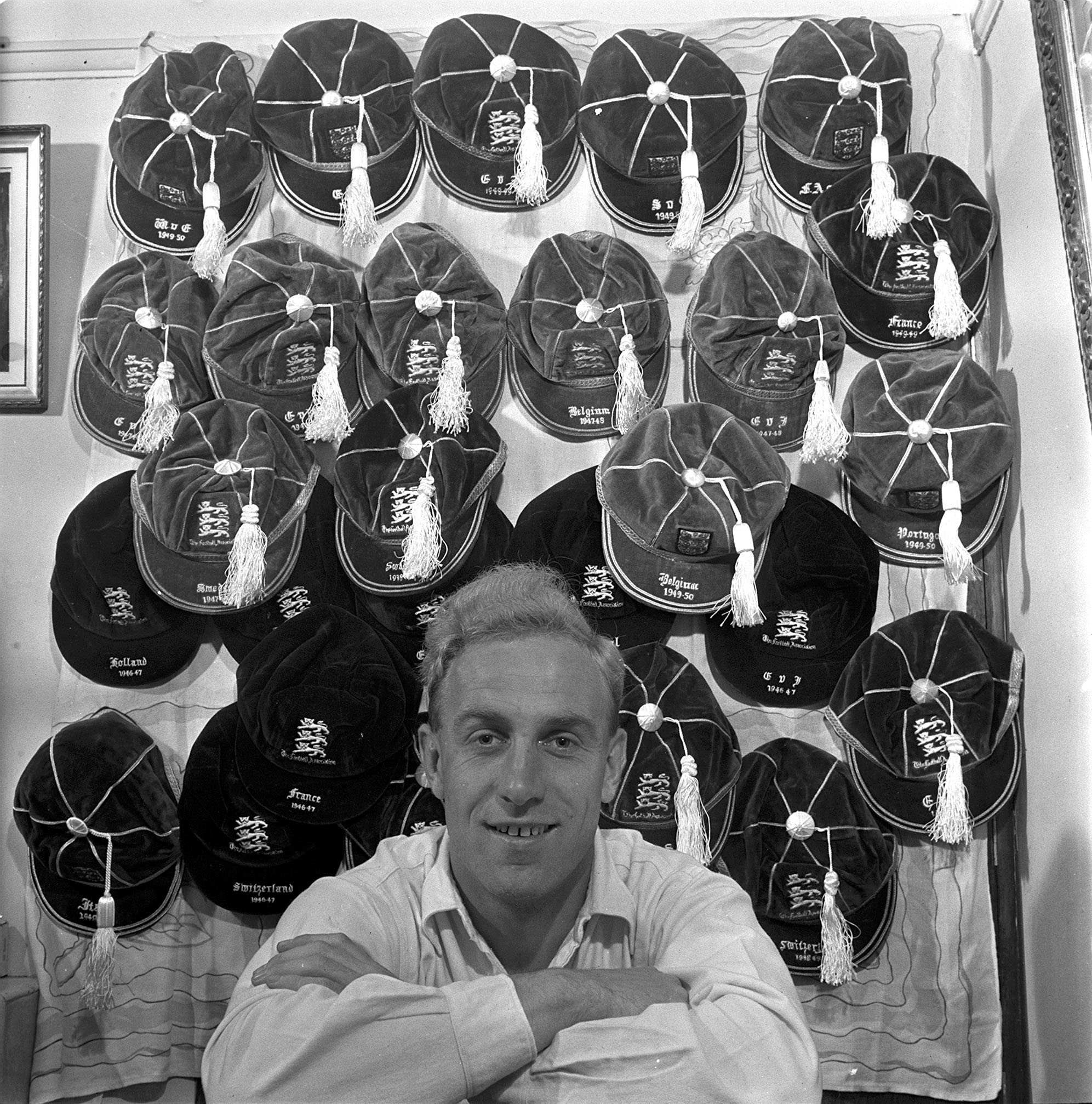
Landmarks in Billy Wright’s career:
1938 | Joins Wolves groundstaff thanks to the encouragement of Madeley Senior School teacher Norman Simpson.
1939 | Told by Major Frank Buckley he is too small to make it as a footballer, but the manager is persuaded to give him another chance.
1939 | Makes his Wolves first-team debut on the left wing in a wartime friendly game against Albion. A week later scores two goals in a 4-1 win at Notts County, making him at 15 years and seven months the youngest scorer in a Wolves first team game.
1940 | Helps Wolves win the wartime Midland League, still being played as a winger.
1941 | With Wolves unable to operate, he and teammate Jimmy Mullen spend a season with Leicester City, playing on the wings, and help them win the Midland Cup.
1942 | Back with Wolves, a broken ankle in the second leg of the War Cup semi-final against Albion threatens his career but ground-breaking surgery enables him to recover.
1946 | First game for England in a Victory international against Belgium at Wembley.
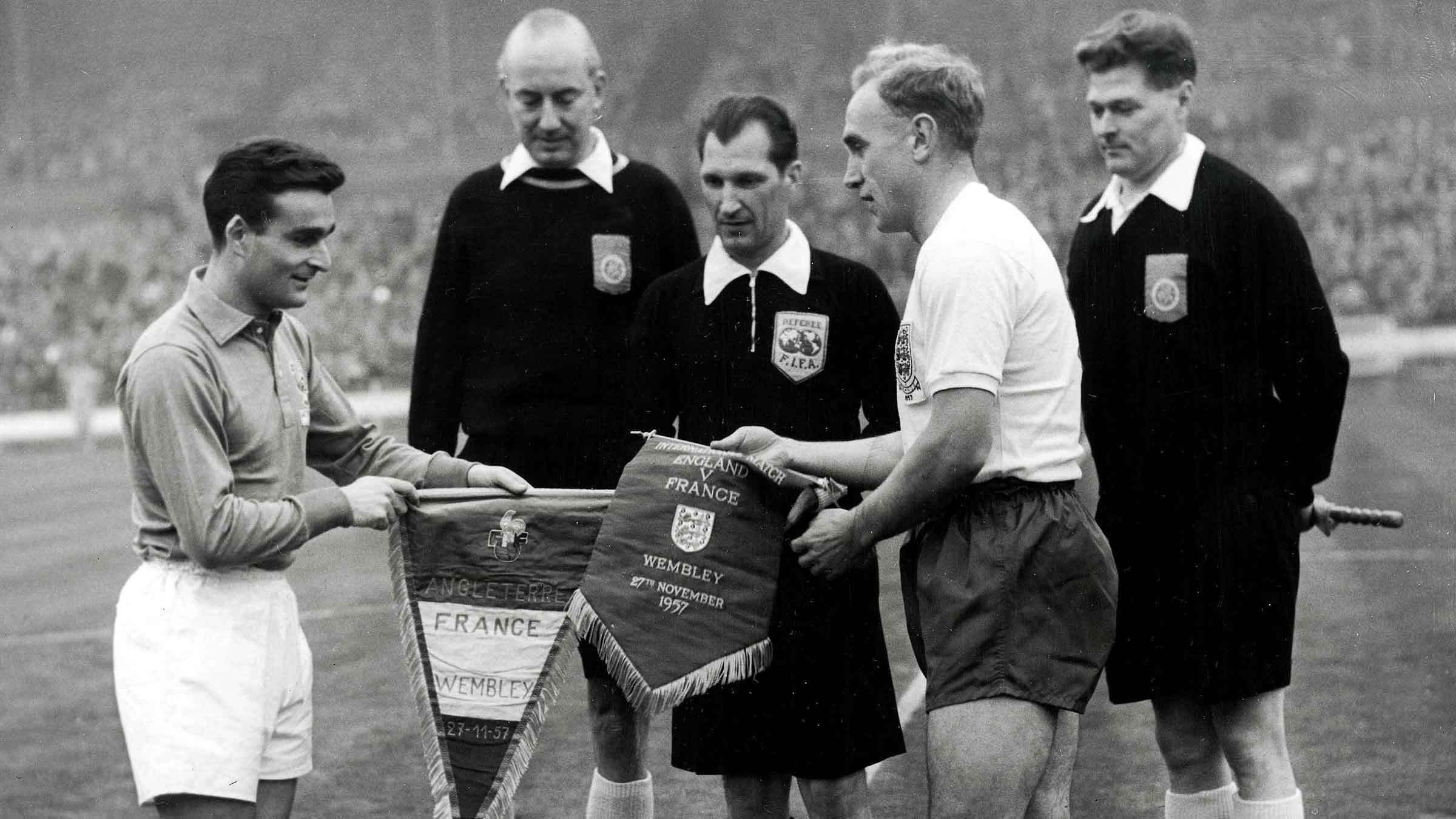
1946 | When organised football resumes, makes his full England debut in a 7-2 win over Ireland in Belfast.
1947 | Appointed captain of Wolves.
1948 | Made captain of England.
1949 | Skippers Wolves as they win the FA Cup, beating Leicester City 3-1 in the final at Wembley.
1952 | Wins his 43rd cap in a 3-0 win over Switzerland in Zurich to pass the previous England record total set by pre-World War I full-back Bob Crompton of Blackburn.
1954 | Skippers Wolves to become champions of England for the first time as they pip Albion to the First Division title.
1958 | Again leads Wolves to the First Division title.
1959 | Wins his 100th cap as a Bobby Charlton goal is enough for England to beat Scotland at Wembley. Also skippers Wolves to their third top-flight title.
1959 | Announces his retirement on the eve of the new season and makes his farewell appearance in Wolves’ pre-season public practice game.

A new biography of Billy Wright by Steve Gordos, Golden Hero, will be published later this year. Contact Geoffrey Publications (email corbettnco1@gmail.com) to pre-order and have your name in the book’s subscribers list)













